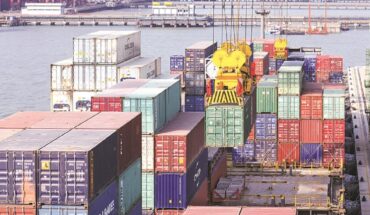The state must maintain continuous vigilance and strive to address public welfare concerns. A prime example is the Centre’s announcement of full exemption from basic customs duty for all drugs and food imported for the treatment of rare diseases listed under the National Policy for Rare Diseases (NPRD) and anti-cancer drug Pembrolizumab. This builds upon the benefits previously included in the policy, finalized almost a year ago. To qualify for this exemption, individual importers need to obtain a certificate from specified authorities. Generally, medicines attract a 10% basic customs duty, but certain lifesaving drugs and vaccines receive concessions or exemptions. Exemptions already exist for specific drugs treating Spinal Muscular Atrophy or Duchenne Muscular Dystrophy. Rare diseases are characterized by their low occurrence rate, often resulting in limited drug availability due to insufficient demand. Treatment can be expensive and inaccessible for many patients, with the NPRD estimating annual treatment costs for some rare diseases ranging from Rs 10 lakh to over Rs 1 crore per year for a 10 kg child. Costs typically increase with age and weight, and treatment is often lifelong. Duty exemption will lead to significant savings for patients. Support organizations for patients with rare diseases applaud the move, providing relief and hope to patients and their families in an otherwise challenging treatment landscape. Although rare diseases are defined by their infrequent occurrence, the sheer number of conditions (estimated between 7,000-8,000, with 450 reported in India) and the total affected population (approximately 100 million in India) make it a pressing issue. The NPRD highlights the problem’s magnitude and emphasizes the judicious use of scarce resources. The government must ensure its directives are fully implemented while pursuing innovative solutions for this patient group, remaining committed to the goal of affordable healthcare.
Innovative solutions needed to deal with rare diseases
Published Date: 08-04-2023 | 1:08 pm





